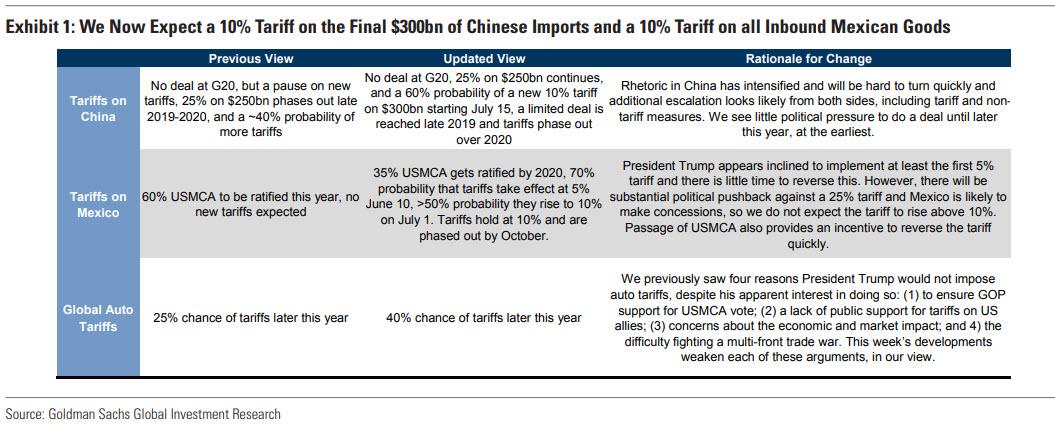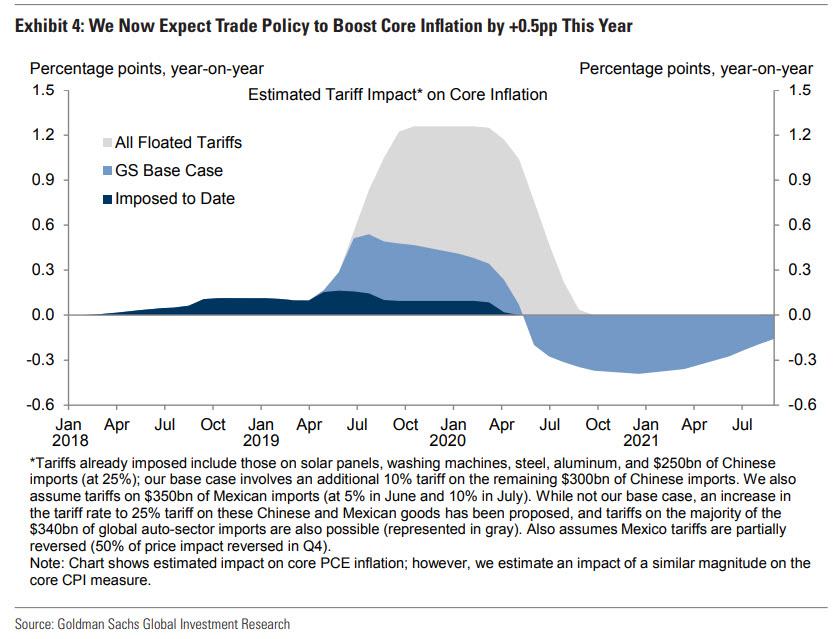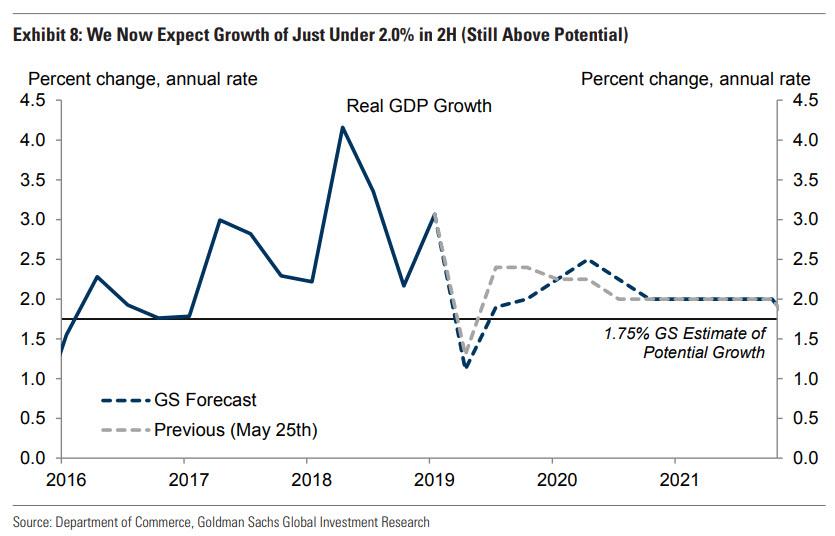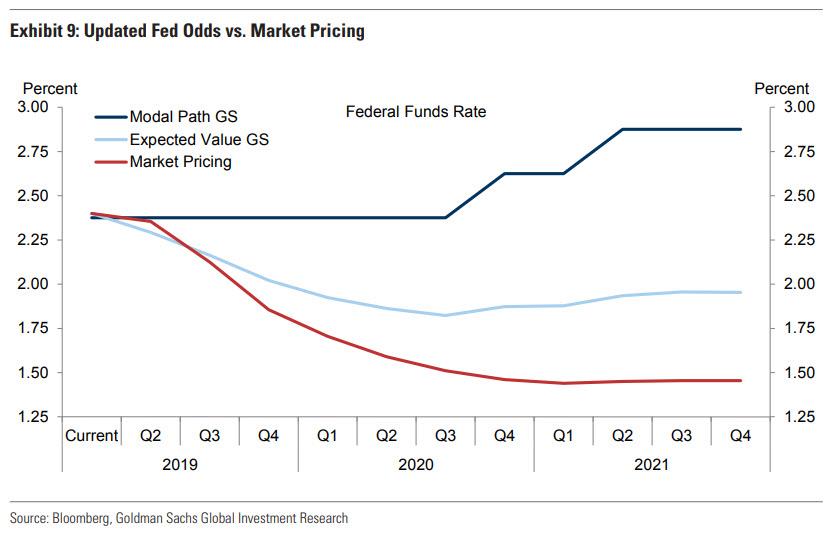When you’re a practicing Catholic, the world loves to challenge your faith. Some want to know why you worship Mary, the mother of Jesus. Others want to know why you hate gay people. And everyone, sooner or later, wants you to answer for the Crusades.
The answer to those first two charges is straightforward: We don’t. But questions about the Church’s actions during the Middle Ages (which also include the conversion of Europe to Christianity and, later, the Inquisition) can be trickier. In general, there are three directions you could go with your reply.
One is to plead sinfulness mitigated by progress. There are many things in the Church’s history we aren’t proud of, you might say, but magisterial teachings today are clear and categorical: We no longer wage holy wars, and forced conversions are a thing of the past.
A second option is to argue that the question gets the history wrong. The Crusades were a response to a positive threat from Islamic tribes and nations whose goal was to replace Christianity, militarily if need be. They were largely defensive, in other words, and therefore just.
Finally, you could claim that even nondefensive violence can be legitimate when employed for noble ends. The Church has a commission to spread salvation, after all; stamping out heresy is part of the bargain, as is ensuring that Christians are obediently practicing the faith.
It’s rare these days to find someone who would make the third case—but perhaps not as rare as you would expect. A small but increasingly vocal cohort of traditionalist Catholics do appear to believe that the state should play a role in enforcing Church teachings—including, it would seem, against non-Catholics. Until now, that’s been something of a fringe position within the conservative movement. But 2019 may be remembered as the year theocracy went mainstream.
***
Last week, the Catholic convert and New York Post opinion editor Sohrab Ahmari published a long essay at First Things demanding that conservatives abandon their commitments to tolerance and civility. Instead, Ahmari wants his side to “fight the culture war with the aim of defeating the enemy and enjoying the spoils in the form of a public square re-ordered to the common good and ultimately the Highest Good.” Bizarrely, he takes National Review‘s David French, a civil libertarian former litigator, as the face of the old, soft conservatism at which his guns are aimed.
While it’s lamentably thin on specifics, the guiding principle behind the Ahmari program is clear: Americans have become an immoral people—unchurched, “pornographized,” overly consumerist, and insufficiently loyal to our fellow countrymen—and government force needs to be employed to correct them. That second point is key: The problem with “French-ism,” Ahmari writes, is its “great horror of the state, of traditional authority and the use of the public power to advance the common good, including in the realm of public morality.”
To say the First Things essay has been controversial would be to miss its significance as a watershed for the American right, where an internecine conflict has been brewing for some time. Much of the response to Ahmari has focused on his denunciation of French for being overly polite toward those with whom he disagrees. But the real issue is substantive, not stylistic: It’s a schism between people who want to use the law to forcibly restore America’s Judeo-Christian character and those who don’t.
Catholic integralism—the idea that Church teachings should guide public policy—is not new. Ahmari doesn’t label his anti-Frenchist alternative as integralist, though he isn’t far off when he says the political right should be willing to use politics “to enforce our order and our orthodoxy.” But mostly he speaks of orienting society to the common good. Who could be against that?
The problem hardly needs stating: What is meant by the common good? Progressives too believe their policies are morally correct—hence the common refrain that it’s just wrong for bakers and florists to refuse to provide their services for gay weddings. And the disagreement isn’t only between partisans of the left and right. The fiercest culture wars are playground disputes compared to the actual wars that have been fought over doctrinal differences among conservative Christians.
I want to be very clear: To observe that not everyone shares a common sense of the common good is not to deny the existence of an objective good, or even a deeply orthodox understanding of it. I grieve the scourge of abortion, the breakdown of the traditional family, the declining religiosity of the developed world. And pace many of my fellow libertarians, I do not see in the sexual revolution an unalloyed positive. I’m a young single Catholic woman. The erosion of traditional norms around courtship has been profoundly bad for me on a personal level. You try getting a date in Washington, D.C., when you’re on the record supporting Humanae Vitae.
All of which is to say that I am not arguing from libertinism here. I’m pointing out that, absent universal agreement about the common good, an integralist governing regime necessarily means imposing one group’s moral vision on unwilling others. Ahmari is contemptuous of the Frenchian notion that cultural change is the answer to this quandary, but force exercised without popular backing is tyranny by definition.
***
In 2006, First Things ran a 6,000-word book review in which future New York Times columnist Ross Douthat eviscerated claims that “twenty-first-century America is slouching toward theocracy.” If the religious right were to get its way, one worried left-wing author had predicted, public employees “would be required to participate in weekly Bible classes in the workplace,” homosexuality would be criminalized, “the mainstream press and the electronic media would be beaten into submission,” and more. Douthat wryly noted that the book lacked “examples of significant political actors who are proposing taking any of these steps, let alone all of them.”
He continued:
Did Billy Graham once advise evangelicals to run for public office and take “control” of the various branches for government? Then he must believe, with the Reconstructionists, that “all adversaries must be completely eliminated from positions of authority” and that “to achieve a divine end by any means—including cruelty, deception, and brute force—is justified.” Did Antonin Scalia suggest that government “derives its moral authority from God”? Well, he doubtless intended to issue “a legal green light” to theocrats seeking “to destroy all existing political systems…and replace them with their own religion-soaked political regimes.”
Today, the same journal that published Douthat mocking America’s paranoid anti-theocrats features an essay holding out as the ultimate betrayal the fact that French thinks it would probably be a mistake to ban porn or to give federal officials control over private social media companies’ terms of service.
In the George W. Bush era, a simple biblical allusion in a presidential address—a reference to the log in your own eye and the speck in your neighbor’s, say—would be interpreted by commentators as a fundamentalist “dog whistle” portending an imminent theocratic takeover. Needless to say, the idea was absurd. Sure, politicians on the right more forcefully advocated for certain socially conservative causes back then, but the public more forcefully supported those causes as well.
There’s a world of difference between any of that and a conservative thought leader openly telling his allies that they’d better get comfortable treating “politics as war and enmity” because the other side will always be better “at winning in the realm of culture.” Stop for a moment and compare what Douthat viewed as comically overwrought language in the quote above to Ahmari’s assertion that “progressives understand that culture war means discrediting their opponents and weakening or destroying their institutions. Conservatives should approach the culture war with a similar realism.”
I bring up Douthat in part because I worry folks like him might be susceptible to the allure of what Ahmari is offering: a righteous-sounding excuse to give in to the same kind of base temptation that makes you wish, upon encountering a world-class jerk, that you could pop him in the face. You restrain yourself because you know that physical violence is not an appropriate response to rude words…even if you’re a little bit rueful about it.
Likewise, Christian traditionalists have mostly internalized the maxim, rightly bound up with the conservative tradition for many years, that you can’t impose faith and morals by government fiat. However much Douthat and others might wish they could use the force of law to roll back the worst of modernity’s blunders, to do so would be to prove the anti-theocrats right. Ahmari wants them to remember that desperate times call for desperate measures. The devil usually tells us we’re saving others’ souls when he’s trying to convince us to sell our own.
***
In the last few years, the American left has embraced an increasingly illiberal progressivism—that is, a political and social program that stands opposed to the “classical liberal” project.
Classical liberalism privileges individual liberty, correctly understood as freedom from coercion and aggression, by championing things like free expression, due process, and the relatively unencumbered movement of goods and people. The ascendant progressivism, on the other hand, has no qualms about infringing people’s liberty in order to advance its own moral agenda. Socialists seek to command people’s behavior in the economic sphere, while social justice warriors try to impose rightthink on matters of culture. It’s not enough that same-sex and opposite-sex couples receive equal treatment under the law, the left now says; the state must compel Christian business owners to participate in gay weddings or be driven from the marketplace.
Ahmari also wishes to use government power to constrain people’s freedom. Thus, he is advocating an illiberal conservatism—a rejection of the right’s longstanding fusion of social traditionalism with staunch respect for individual rights.
My colleague Robby Soave and countless others have already pointed out that this would be a catastrophic unforced political error on the part of conservatives. Classical liberal values and institutions offer a robust bulwark against the worst excesses of the illiberal left. Do Ahmari et al. actually think the system that gave us the Burwell v. Hobby Lobby ruling is so broken as to justify setting the whole thing ablaze? More to the point, do they really believe that what follows after the smoke clears will be better for religious traditionalists?
But the First Thingsian rejection of the liberal order isn’t merely strategically imprudent. It’s morally reprehensible from a Catholic perspective. The dignity of the human person, which follows from our being created by God in His image and likeness, demands that we be given expansive freedom to make choices for ourselves.
That’s not libertarian propaganda. It comes straight out of the Catechism (“God created man a rational being, conferring on him the dignity of a person who can initiate and control his own actions”), which in turn quotes the Bible (“God willed that man should be ‘left in the hand of his own counsel,’ so that he might of his own accord seek his Creator and freely attain his full and blessed perfection by cleaving to him”). As the economist Eric Schansberg once wrote of Adam and Eve, “It was not God’s plan that they should sin, but it was God’s will that they should have the choice.” To exercise coercive control over a person is to treat him as undeserving of a gift bestowed by his creator. It’s to place yourself above your creator.
The new illiberal conservatives like to paint the Reason set as moral-relativist libertines. But as I’ve pointed out at length elsewhere,
libertarians see the human person as worthy of respect. For the most part, they do not recognize the deeper truth: that this is so because we are made by God in his image and are incomparably valuable to him. But in a real sense, without meaning to, libertarianism takes that idea more seriously than most other political philosophies.
There’s nothing Christian about the idea that we should hope not to convert or persuade but to defeat and destroy our ideological opponents. To gain the whole world and lose your soul is no victory at all.
from Latest – Reason.com http://bit.ly/2XwUkQs
via IFTTT








